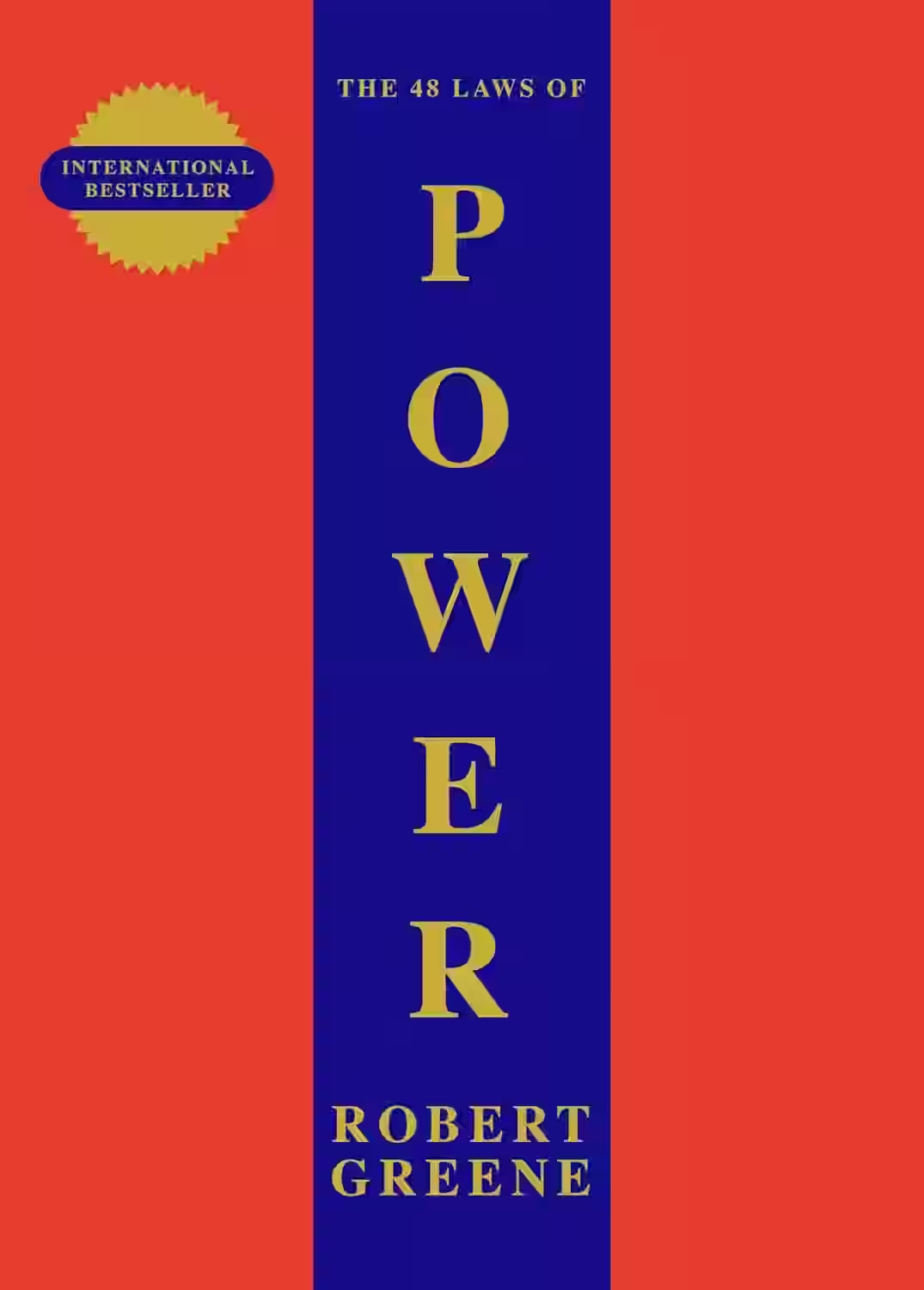
In this huge international bestseller, the 48 laws are illustrated through the tactics, triumphs and failures of great figures from the past who have wielded - or been victimised by - power. The perfect book for the power hungry (and who doesn't want power?). At work, in relationships, on the street or on the 6 o'clock news: the 48 Laws apply everywhere. For anyone with an interest in conquest, self- defence, wealth, power or simply being an educated spectator, The 48 Laws of Power is one of the most useful and entertaining books ever. This book 'teaches you how to cheat, dissemble, feign, fight and advance your cause in the modern world.' (Independent on Sunday) The distilled wisdom of the masters - illustrated through the tactics, triumphs and failures from Elizabeth I to Henry Kissinger on how to get to the top and stay there. Wry, ironic and clever, this is an indispensable and witty guide to power.
About Robert Greene
An American author known for his controversial and influential books on strategy, power, and seduction, drawing on historical examples and philosophical insights. Works like The 48 Laws of Power and The Art of Seduction offer often amoral perspectives on how to acquire and maintain influence. Greene's provocative ideas and historical analysis have made him a popular figure in business and self-help circles.
Other Books by Robert Greene
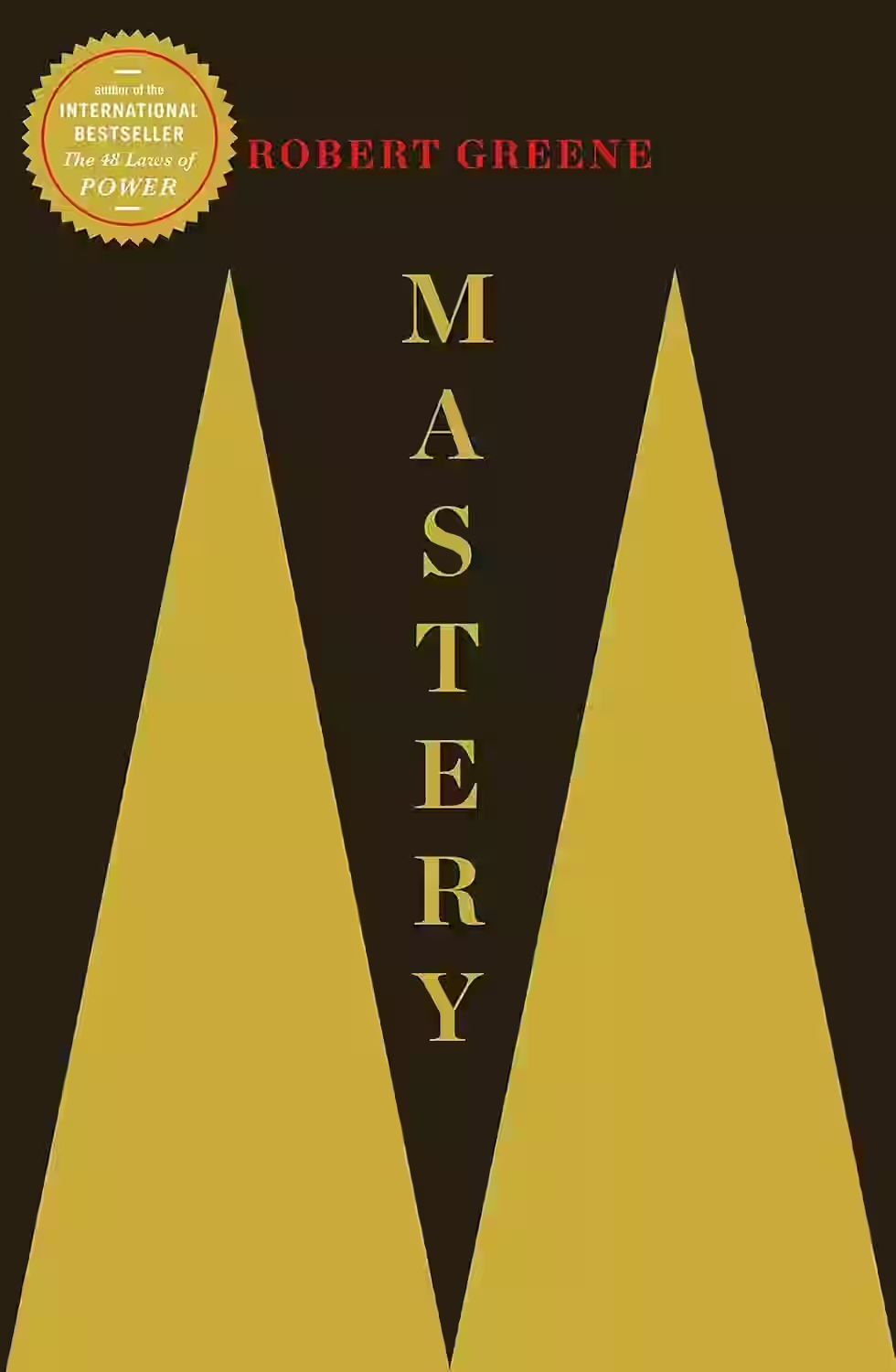
Mastery
Robert Greene examines the paths of historical figures and contemporary experts to uncover the principles of achieving mastery in any field. He outlines a process involving apprenticeship, practice, and innovation, emphasizing the importance of perseverance.

The Art of Seduction
In 'The Art of Seduction,' Robert Greene delves into the intricate and often controversial world of seduction. Through historical anecdotes and psychological insights, Greene offers a guide to mastering the art of seducing others, whether for personal or professional gain. The book explores different seductive archetypes, strategies, and pitfalls, providing readers with a comprehensive understanding of power dynamics and human behavior. While some may find the content manipulative, Greene's work prompts introspection and critical thinking about our social interactions. 'The Art of Seduction' challenges conventional norms and offers a fresh perspective on the complexities of seduction in various relationships.
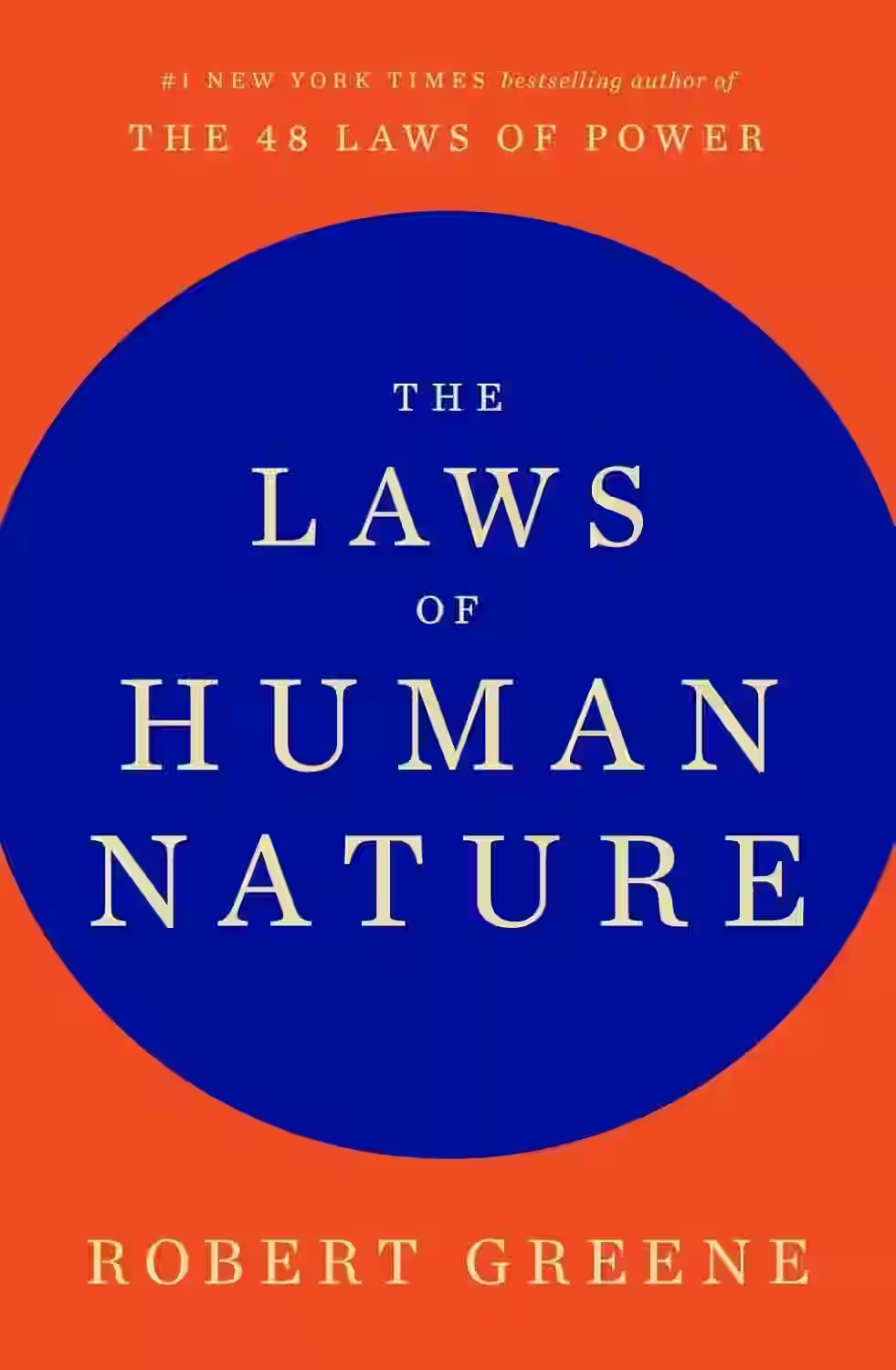
The Laws of Human Nature
In 'The Laws of Human Nature' by Robert Greene, readers are taken on a transformative journey exploring the intricacies of human behavior and psychology. Through captivating storytelling and insightful analysis, Greene delves into the motivations and dynamics that drive our actions, shedding light on the darker aspects of human nature. By drawing from historical examples and psychological research, the book offers practical wisdom on how to navigate social interactions, understand the behaviors of others, and ultimately harness the power of empathy and self-awareness. A compelling blend of psychology, philosophy, and practical advice, 'The Laws of Human Nature' challenges readers to confront their innermost tendencies and strive for personal growth.
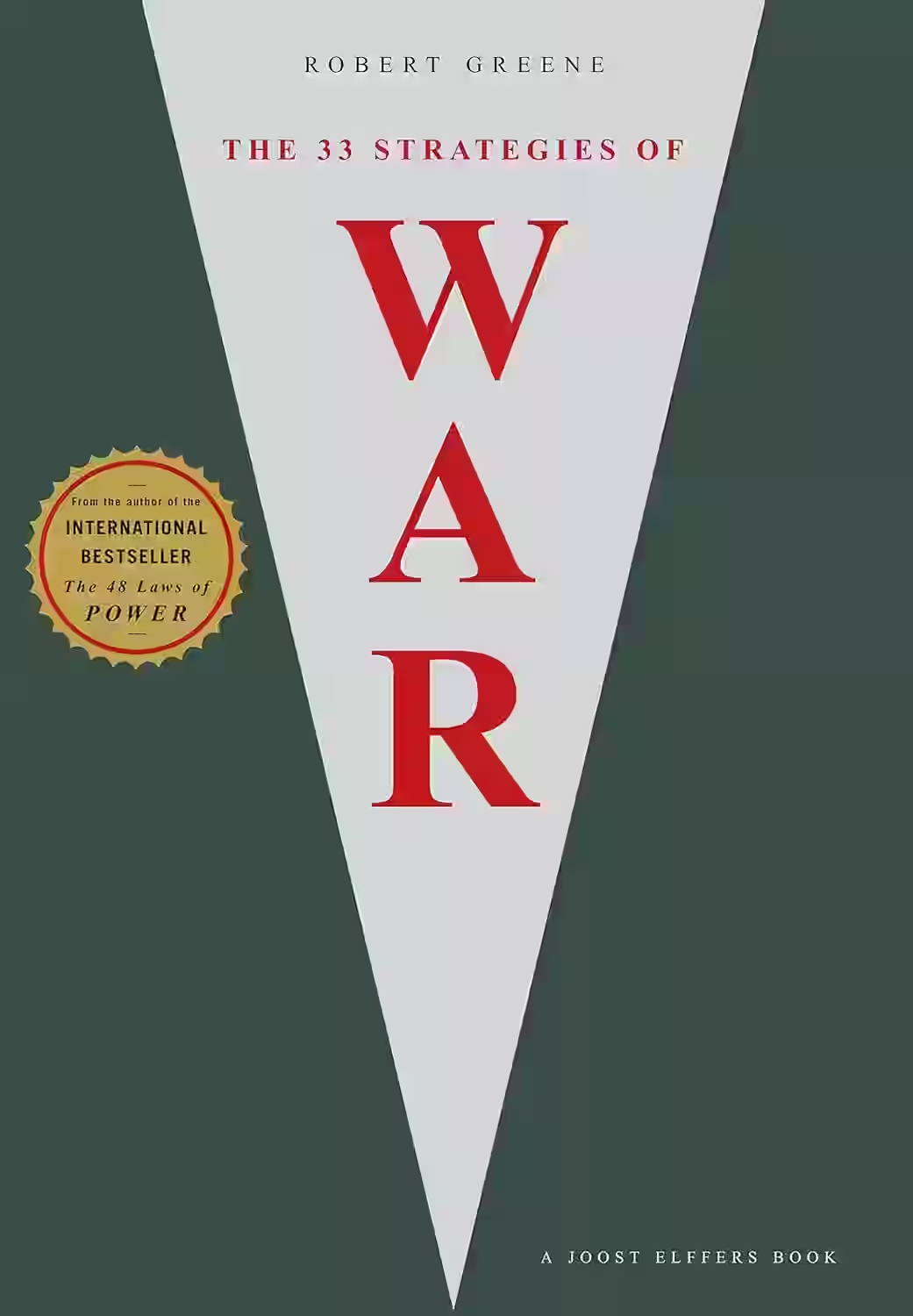
The 33 Strategies of War
In 'The 33 Strategies of War,' Robert Greene masterfully dissects the timeless tactics employed by history's greatest military leaders, politicians, and thinkers. Drawing examples from Sun Tzu, Napoleon, and others, Greene offers a comprehensive guide to navigating the complexities of conflict and power dynamics in both personal and professional spheres. Each strategy is meticulously explained and accompanied by vivid historical anecdotes, making this book an engaging and enlightening read for those seeking to outmaneuver opponents and achieve their goals effectively. Greene's unique blend of history, psychology, and strategy provides readers with a thought-provoking exploration of the dynamics of power and warfare.
Similar Books
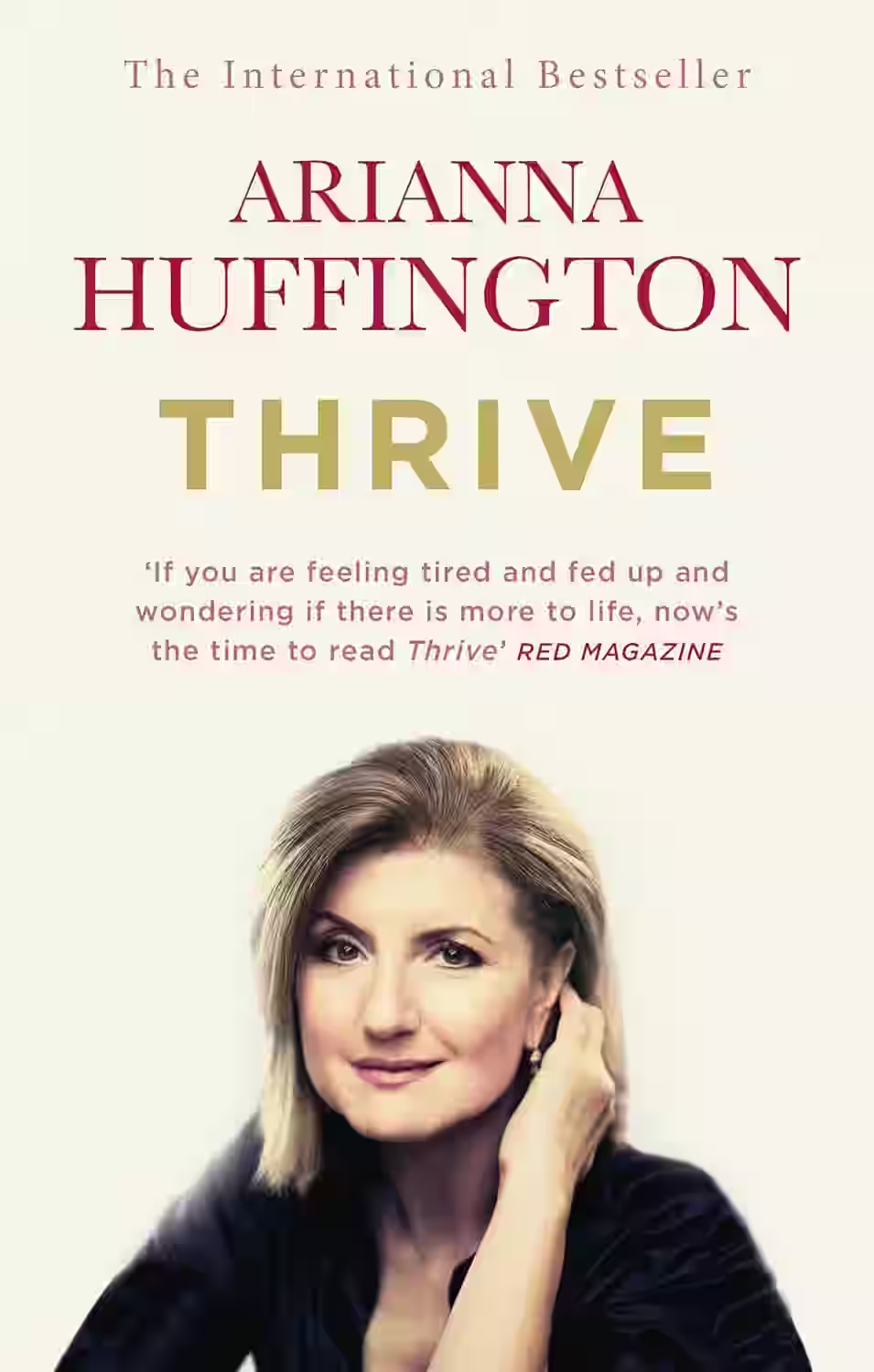
Thrive
In Thrive, Arianna Huffington redefines success beyond wealth and power, proposing a third metric rooted in well-being, wisdom, wonder, and giving. Drawing from research and her own life, she argues that burnout and stress are not badges of honor but symptoms of a misguided culture. The book explores mindfulness, sleep, gratitude, and compassion as essential to living a fulfilling life. Huffington weaves personal anecdotes with scientific insights to promote a more holistic vision of success—one that nurtures both the self and the community. Thrive serves as a call to prioritize what truly matters in a fast-paced world.
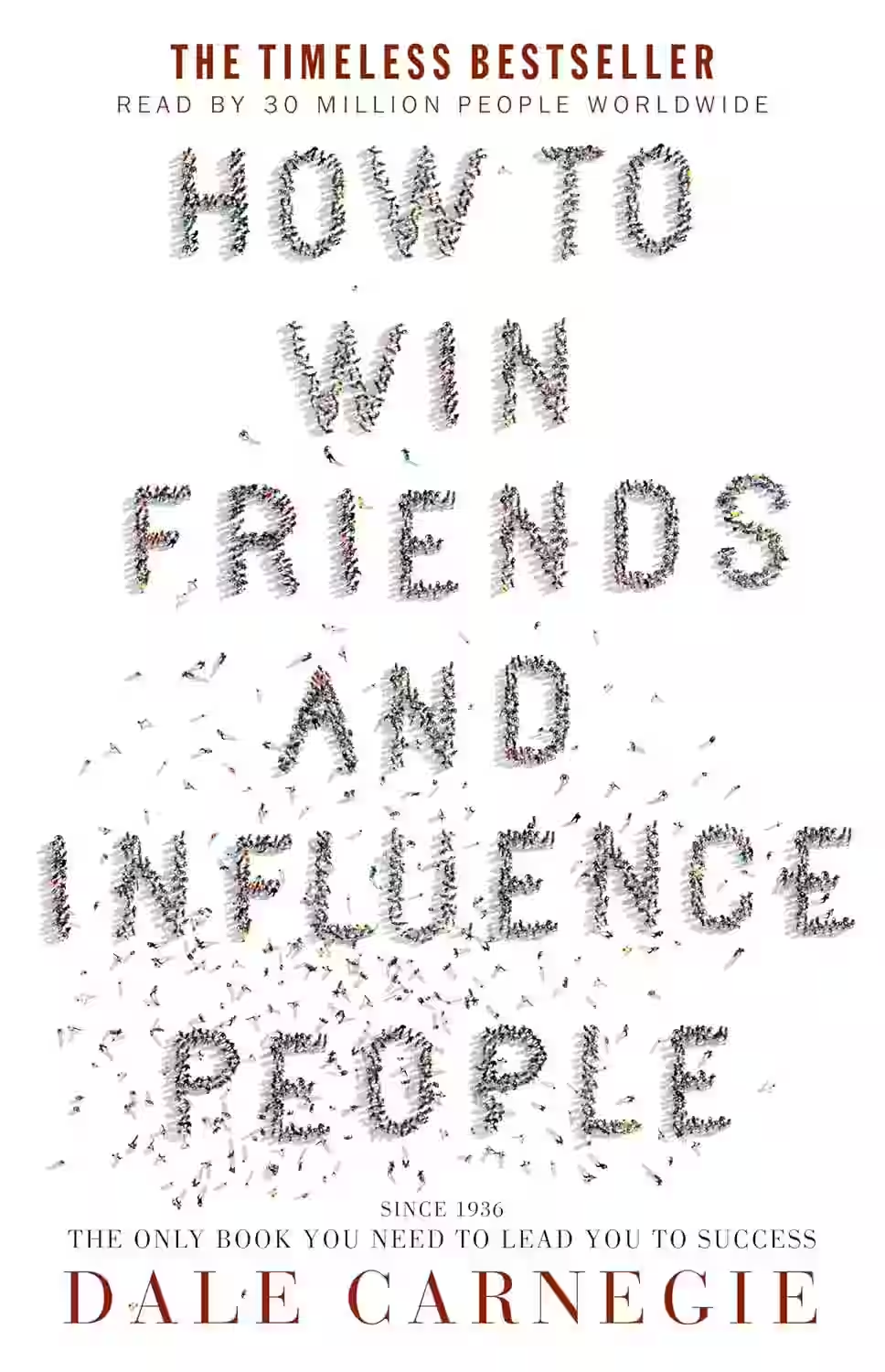
How to Win Friends and Influence People
About the Author Dale Carnegie (November 24, 1888 -- November 1, 1955) was a celebrated American author and self-improvement guru. Born in poverty on a farm in Missouri, he built himself a successful career as a traveling salesman before moving on to teach public speaking at a New York YMCA in 1912. His course was a hit, and within two years he had moved out of the YMCA and founded the Dale Carnegie Institute to accommodate the huge demand for his classes. His 1936 book HOW TO WIN FRIENDS AND INFLUENCE PEOPLE was a global bestseller, selling almost 5 million copies during his lifetime and becoming a staple of business curriculums around the world.

The Wealth of Nations: Books IV-V
by Adam Smith
Series: The Wealth of Nations (#2)
Books IV–V of The Wealth of Nations critique existing economic policies and propose a framework for limited but essential government intervention. In Book IV, Smith dissects the mercantile system, rejecting trade restrictions and monopolies while advocating for free trade. He critiques colonialism and tariffs, favoring open markets. Book V addresses the role of the state in education, justice, defense, and infrastructure—functions Smith sees as necessary for a stable, prosperous society. These volumes balance his case for laissez-faire economics with the need for public investment, rounding out his vision of a functional, ethical, and productive political economy.
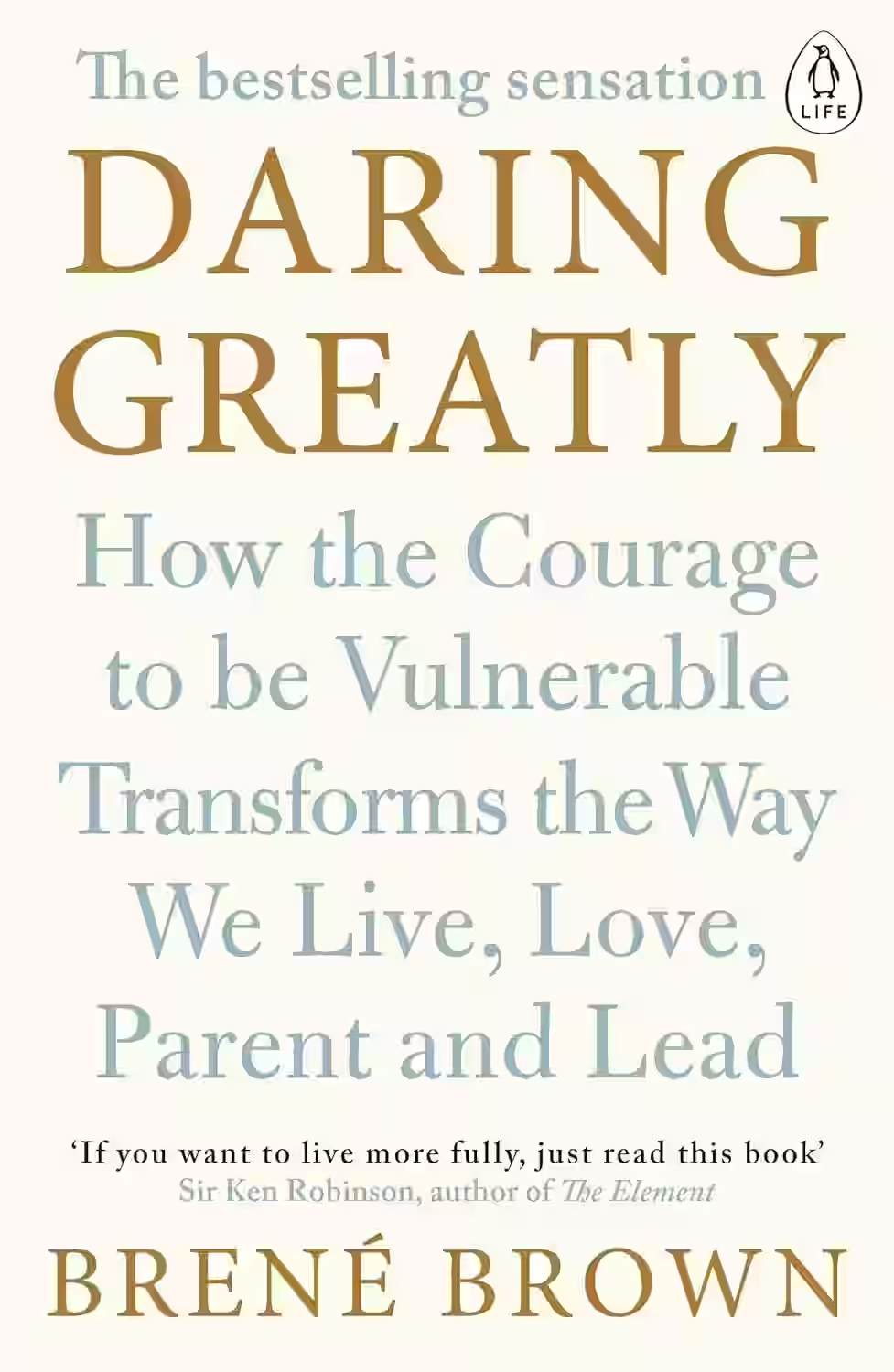
Daring Greatly
by Brene Brown
In Daring Greatly, Brené Brown challenges conventional beliefs about vulnerability, arguing that it is not a weakness but a powerful source of courage, creativity, and connection. Drawing from years of research, she explores how the fear of shame and failure holds us back in relationships, parenting, work, and leadership. Brown encourages readers to embrace vulnerability as the path to a more authentic and wholehearted life. The book is a compelling call to show up fully and engage with the world, even when it feels uncomfortable. It’s a guide to building resilience, trust, and true belonging through emotional honesty.